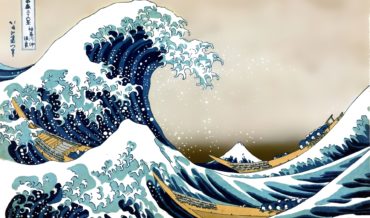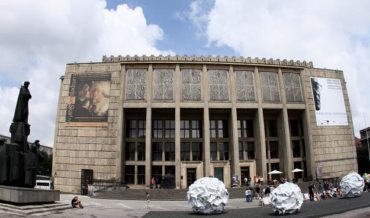Feliks Jasieński was a critic, patron and collector of art. Known under the pseudonym Manggha. He was born in 1861 in Grzegórzowice, and died in 1929 in Kraków. In 1901 he published a collection of essays and published them and articles in “Chimera”, “Lamus” and others.
He has made numerous journeys which turned out to be very inspiring for him from an artistic point of view. He has collected a great collection of Japanese art, Polish art from Post-Matejko, old fabrics and furniture from different countries, European graphics, ceramics, clocks and a large library. There were about 5,000 Japanese woodcuts in the library, some of which were later stolen by the Nazis. He donated the collections to the National Museum in Krakow.
At the end of the 1980s, Andrzej Wajda donated his prize from the city of Kyoto to the construction of the Manggha Center of Japanese Art and Technology in Krakow. Jasieński’s collection was also located there.

